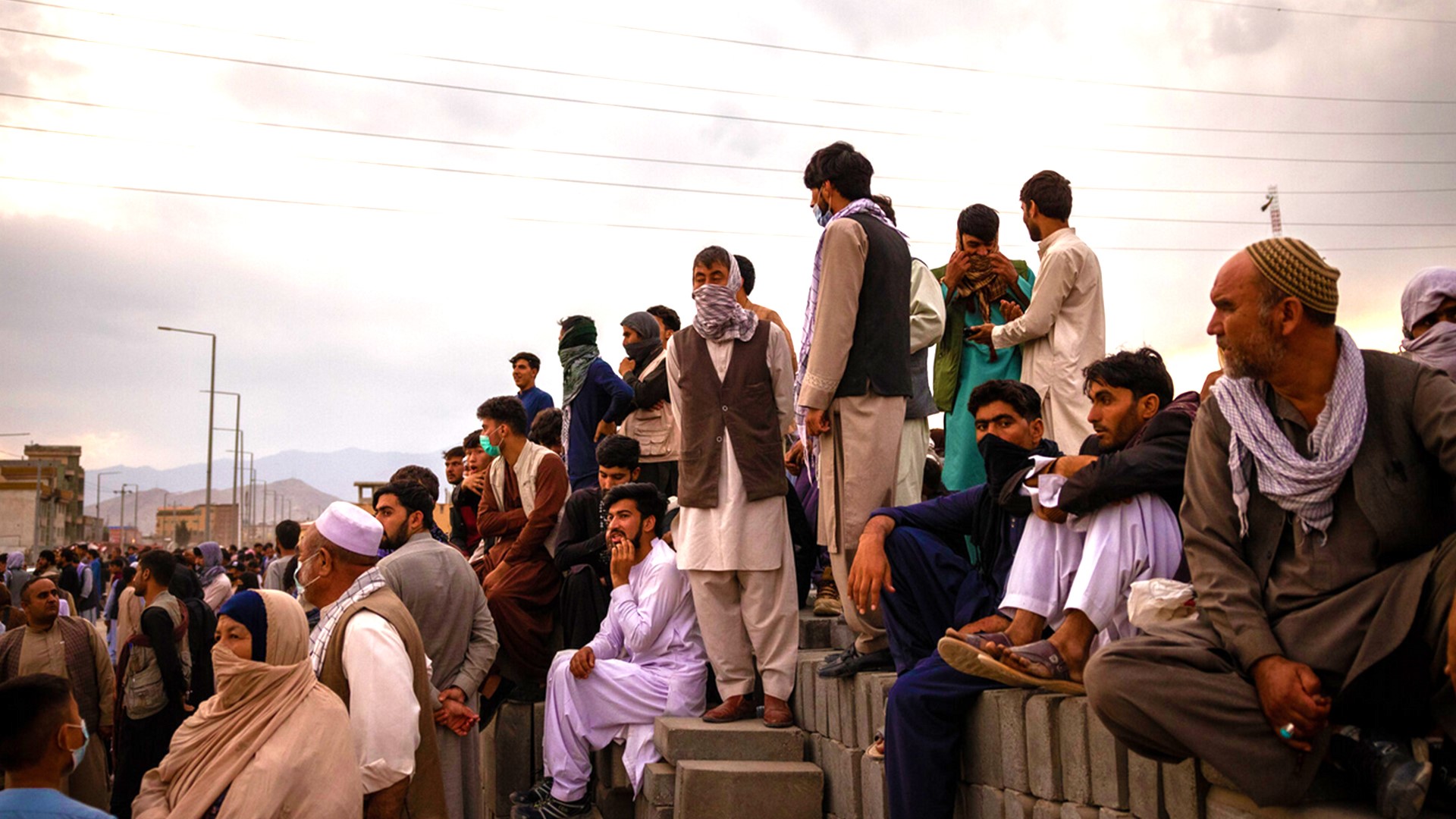I have good news!
When was the last time you heard good news about immigration in this country?
Our client, Mohammad Khalil, was a member of Jamiat, one of the United States’ allies in Afghanistan against the Soviets. He was granted asylum in 2000 and has been living here for more than twenty years. He’s been trying to get legal permanent residence for a very long time. His application has been continuously denied because of the Terrorism-Related Inadmissibility Grounds (TRIG) policies.
Mr. Khalil, who joined the Jamiat at 15 years old, fought on the side of the United States against the Soviets and was granted asylum here. Despite the United States’ promise to offer him refuge, his military activities were equated with terrorism and his green card denied. This clearly doesn’t make sense – our own allies are also terrorists? We can bring them here legally and with protection, but once they’re here, we decide that they constitute a threat?
In our petition to the Supreme Court for Mr. Khalil’s case, our attorneys make the same point that’s been bothering me. If the United States develops a (founded) reputation for abandoning our allies and accusing them of terrorism, doesn’t this – in itself – constitute a threat to national security?
“I’m also worried that, boy if our adversaries got hold of this, it would be great publicity for them to say if you fight for the United States at the United States’ request with weapons furnished by the United States, the United States will betray you. It will treat you as a terrorist…” (Ninth Circuit Court of Appeals judge, Khalil v. Cissna, 2021)
On June 14, 2022, the Department of Homeland Security (DHS) and the Department of State (DOS) announced that there is now an exemption available for Afghan nationals who fought against the Soviets and the Taliban. As long as there are no other disqualifying factors, this allows USCIS to approve applications for lawful permanent residence for these Afghan allies.
“Today, the Department of Homeland Security and Department of State took steps to ensure that vulnerable Afghans who have supported and worked with the United States in Afghanistan, and who have undergone rigorous screening and vetting, can qualify for protection and other immigration benefits in the United States…
‘Doctors, teachers, engineers, and other Afghans, including those who bravely and loyally supported U.S. forces on the ground in Afghanistan at great risk to their safety, should not be denied humanitarian protection and other immigration benefits due to their inescapable proximity to war or their work as civil servants,’ said Secretary of Homeland Security Alejandro N. Mayorkas.” (DHS, 2022)
It’s amazing (and very encouraging!) that DHS and DOS are recognizing that these laws have been applied too broadly to deny worthy applicants in immigration cases. This is at the core of what the Muslim Legal Fund of America stands for – we are a shield against anti-terrorism laws that are being used against innocent people and as a tactic to spread fear. I can’t help but be hopeful that this change is only the beginning of a larger policy shift towards equal treatment for Muslims under American laws, insha Allah.
This is the precise issue that we worked on in the Mohammad Khalil case at the United States Citizenship and Immigration Services (USCIS), the district court, the Ninth Circuit Court of Appeals, and the United States Supreme Court.
We’re optimistic that these changes will offer a clear path forward for our client, Mohammad Khalil, who has been waiting in limbo for more than 20 years. What’s even more encouraging is the path cleared for other deserving Afghans who can now look forward to the possibility of a fairer immigration process that doesn’t penalize them solely for being born in a war-torn country.
The Constitutional Law Center for Muslims in America (CLCMA) was founded by MLFA to have just this kind of impact on policy. A single case may seem expensive or discouraging, but when we put the puzzle pieces together – when talented attorneys are working together for a single vision – we can push for these kinds of changes in law and policy. At MLFA, we strive for resourcefulness and creativity in forging a path for justice in the United States. One case, one struggle for justice – this is the stone falling into the water. The ripples that follow this one struggle have the potential to impact hundreds of thousands of lives.
Join us in impacting the lives of generations of Muslims in the United States.
by Jeannine Sherman – Friday, June 23, 2022
Sources:
- Department of Homeland Security (DHS). “DHS and DOS Announce Exemptions Allowing Eligible Afghans to Qualify for Protection and Immigration Benefits.” https://www.dhs.gov/news/2022/06/14/dhs-and-dos-announce-exemptions-allowing-eligible-afghans-qualify-protection-and, Release Date: June 14, 2022.
- The Constitutional Law Center for Muslims in America (CLCMA). Petition for a Writ of Certiorari to the Supreme Court of the United States, 2021.
Keywords: May You Find RefugeMohammad KhalilNinth Circuit Court of Appeals judge, Khalil v. Cissna, 2021

